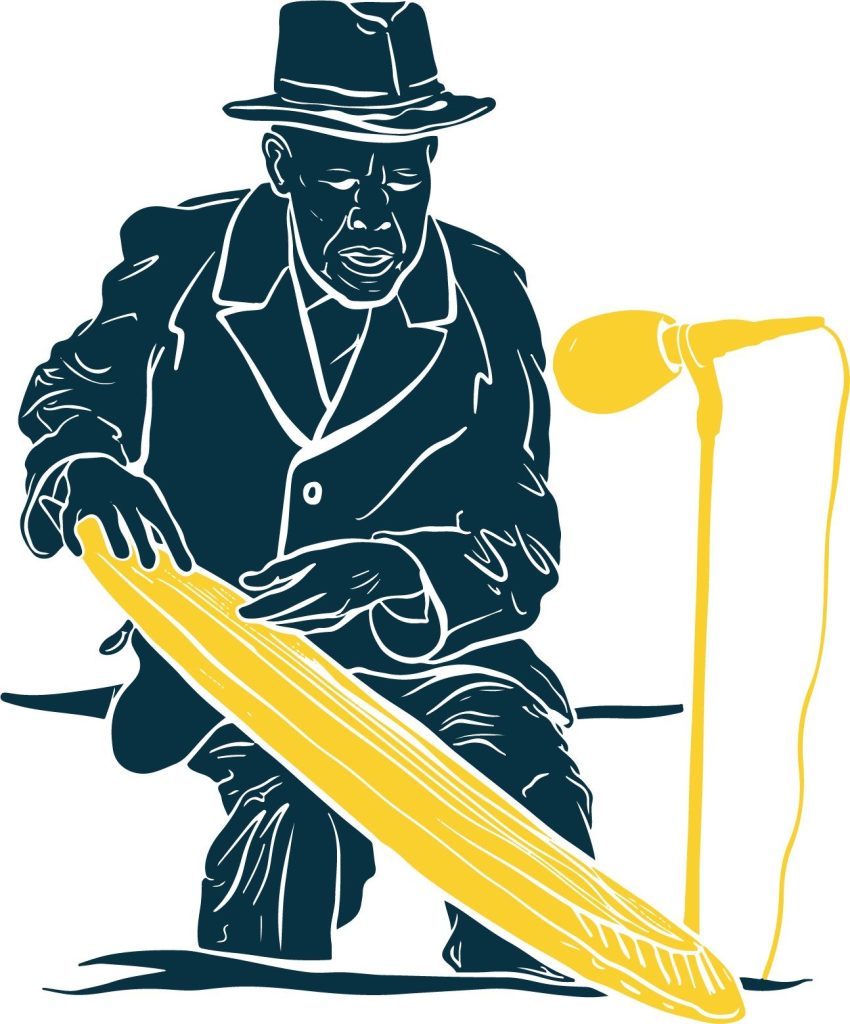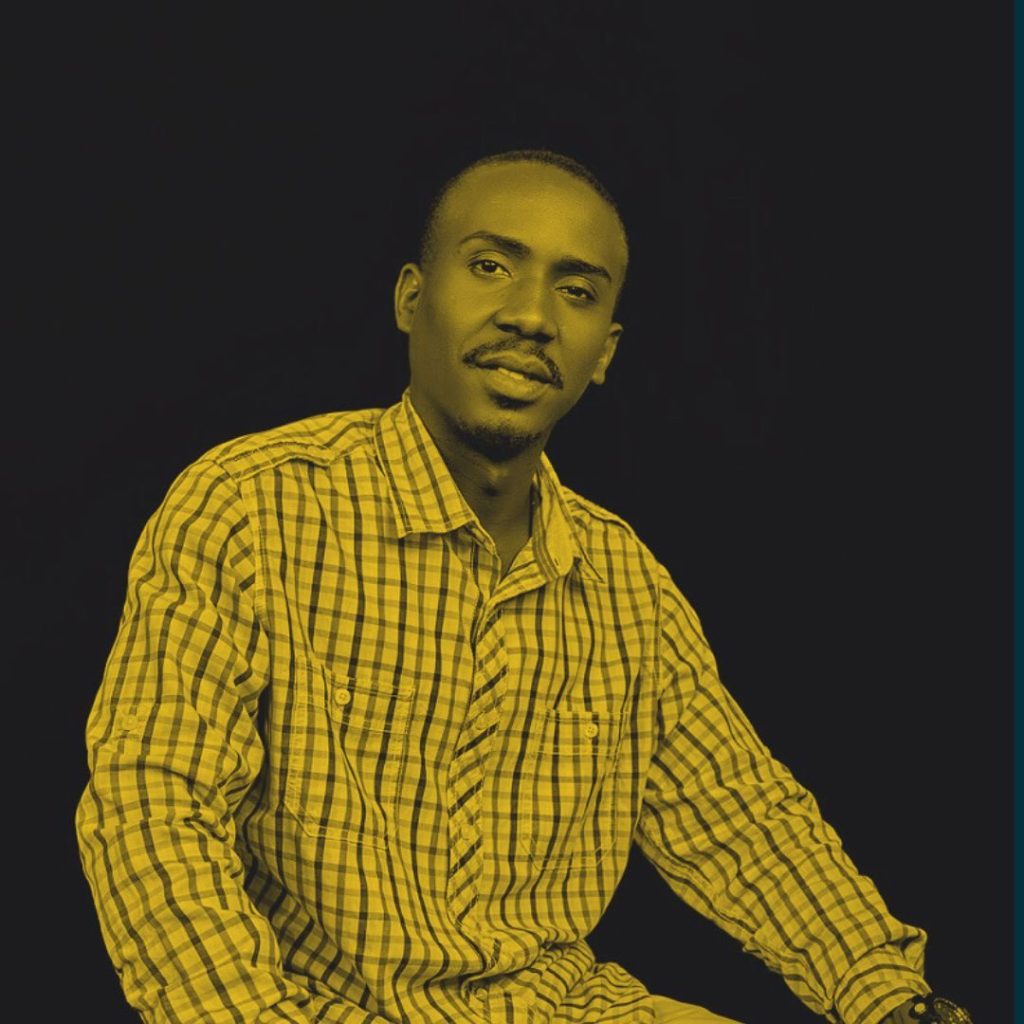The Restitution Efforts of Oba Akenzua II and the Significance of the Benin Royal Stools
The Benin Royal Stools belonged to Oba Esigie, who ruled Benin from 1504–1550, and Oba Eresoyen, who ruled…

Breakthrough
Elisha Clever Rukundo
The colonial-era audio archives comprise rare recordings of Rwanda’s indigenous sonic expressions—ranging from traditional songs, oral histories, chants, and ceremonial recordings. They capture the rhythms of identity, the voices of ancestors, and the soundscape of Rwanda’s precolonial and early postcolonial life. They reflect Rwanda’s pre-colonial heritage and the unified national identity promoted post the Genocide Against the Tutsi in 1994, . They were recorded initially and removed during the colonial and early post-colonial periods, primarily by Belgian institutions, and have been inaccessible to the Rwandan communities whose heritage they represent.
Rwanda, with a particular focus on traditional communities, whose songs, dances, and oral traditions are contained within the recordings.
These audio archives embody Rwanda’s living cultural heritage, especially its musical traditions that foster social cohesion and national unity. They are critical to cultural revitalisation, education and reconciliation efforts. They support the post-genocide ideology of a unified “Rwandanness” by preserving musical expressions that transcend regional and ethnic divides.
The Rwandan audio-visual archives were housed at the Royal Museum for Central Africa (RMCA) in Belgium. Recent restitution agreements enabled the handover and digital repatriation of 4,095 recordings to the Rwanda Cultural Heritage Academy (also known as Inteko y’Umuco).
From the late 1950s colonial and ethnographic institutions in Belgium systematically recorded and collected audio-visual materials from Rwanda. More than 95% of the recordings were taken without direct community consent and stored within Belgian archives, reflecting colonial power dynamics and denying Rwandans access to their own heritage.
The absence of these sonic materials from Rwanda has contributed to cultural amnesia and disrupted the transmission of musical heritage, particularly among younger generations. It has limited Rwandan institutions’ ability to promote and sustain traditional knowledge, which is vital for post-genocide healing, national identity building and sustainable cultural development.
In March 2018, the Government of Rwanda convened a bilateral conference in Kigali with high-level Belgian officials to catalyse dialogue across multiple spheres including cultural cooperation. Amidst this forum, Rwanda formally called for the return of, and access to, a range of colonial-era archives and collections held in Belgium, including those related to its historical, ethnographic, linguistic and musical heritage. Guido Gryseels, then Director of the AfricaMuseum in Tervuren, acknowledged Rwanda’s claim and pledged to foster open access to heritage amassed during and after the colonial period. Alexander De Croo, then Deputy Prime Minister, also announced Belgium’s intention to return Rwandese archives of the colonial period, and the digitisation project that would be attached to this effort.
In 2019, the SHARE (Sharing Heritage and Research for Empowerment) Programme was launched as a five-year partnership (2019–2023). Rather than focusing on physical return, it centred on collaborative stewardship, co-curation and knowledge exchange. The main objectives were to share existing audio archives, create new ones and build capacity in audio-visual documentation and archiving within Rwandan institutions.
Disputes arose over the selection of personnel to implement the SHARE programme in Rwanda in 2020. These were resolved through the creation of the Rwanda Cultural Heritage Academy (RCHA), formed by merging the Rwanda Academy of Language and Culture(RALC), the Institute of National Museums of Rwanda / Institut National du Musées Rwandaise (INMR) and the Rwanda Archives and Library Services Authority (RALSA). This restructuring caused delays, further exacerbated by the COVID-19 pandemic, which pushed core activities to 2021.
The SHARE Programme resumed with renewed vigour in 2021. Training workshops in audio-visual collection techniques were held with staff from the Rwanda Cultural Heritage Academy, the Royal Museum for Central Africa and the Brussels Musée des instruments de musique (MIM). Collaboration between key institutions—including the Musée des instruments de musique (MIM)) and the Royal Museum for Central Africa (RMCA)—was strengthened.
On 28 October 2021, 4,095 digitised recordings from the Royal Museum for Central Africa were officially handed over to Robert Masozera (Director-General of Rwanda Cultural Heritage Academy) by Rémy Jadinon (Ethnomusicologist at RMCA) and Bert Versmessen (Ambassador of Belgium in Rwanda). This transfer ensured preservation and public accessibility of the sonic archives within Rwanda.
In June 2022, after more than a year of debate, the Belgian Parliament passed The Bill of 3 July Recognising the Alienable Nature of Property Linked to the Colonial Past of the Belgian State and Determining a Legal Framework for their Restitution and Return (also known as the Restitution Bill). This established an official legal process for restitution to countries colonised by Belgium, including Rwanda, Burundi and the Democratic Republic of Congo. However, while the law allowed restitution of material heritage, it excluded human ancestors and archives.
n 2023, SHARE shifted focus to creating new sound archives. The Rwanda Cultural Heritage Academy and partners organised a musical traditions exhibition in Kigali, showcasing about 60 curated recordings from a collection of 1,700. The exhibition featured musical instruments and costumes loaned by the Urugangazi traditional troupe. The event was facilitated in collaboration with the International Centre for the Study of the Preservation and Restoration of Cultural Property (ICCROM)’s Youth Heritage Africa Programme – Rwanda Heritage Hub. Youth engagement was fostered through educational activities linked to digital heritage preservation. In the same year, a video project was launched to document contemporary artists’ reappropriation of the restituted sound archives, demonstrating the living and dynamic nature of Rwanda’s cultural heritage.
Breakthrough
Partial restitution has been achieved through the handover of sonic archives and the establishment of digital access in Rwanda. Dissemination is ongoing, though some content remains restricted due to sensitivity. Collaboration continues to expand archiving capacity, digitise additional materials and promote community engagement through exhibitions, education and creative re-use. Digital platforms are being developed to host and share the restituted archives, enhancing accessibility for education, research and community use. Legal and policy frameworks supporting restitution are evolving, with both Rwanda and Belgium being committed to sustainable heritage cooperation

Elisha Clever Rukundo, Cultural Heritage Specialist and entrepreneur focused on African heritage preservation, led this research. With expertise in digital archiving, community-based cultural revitalisation and transnational restitution dynamics, Elisha’s work bridges academic, institutional and grassroots perspectives. His involvement with the Rwanda Cultural Heritage Academy, ICCROM Youth Heritage Africa and the SHARE Programme enabled in-depth study of restitution’s cultural, social and technological dimensions.
Elisha’s research combined archival desktop study, stakeholder interviews (including Rwanda Cultural Heritage Academy & Royal Museum for Central Africa [AfricaMuseum] officials, community elders, museum curators and international partners) and field observations of exhibitions and digital workshops. His approach emphasised community knowledge recovery, institutional capacity building and the role of restitution in post-conflict reconciliation and sustainable development. Challenges included managing the sensitivity of audio materials, logistical constraints in rural outreach and navigating the legal frameworks governing cross-border cultural property.
This case study profile is a summary of research data gathered by Elisha Clever Rukundo. Elisha was part of the fourth case study research cohort, which ran from April to July 2025. The information in this case study profile reflects the status of this restitution case as of July 2025.